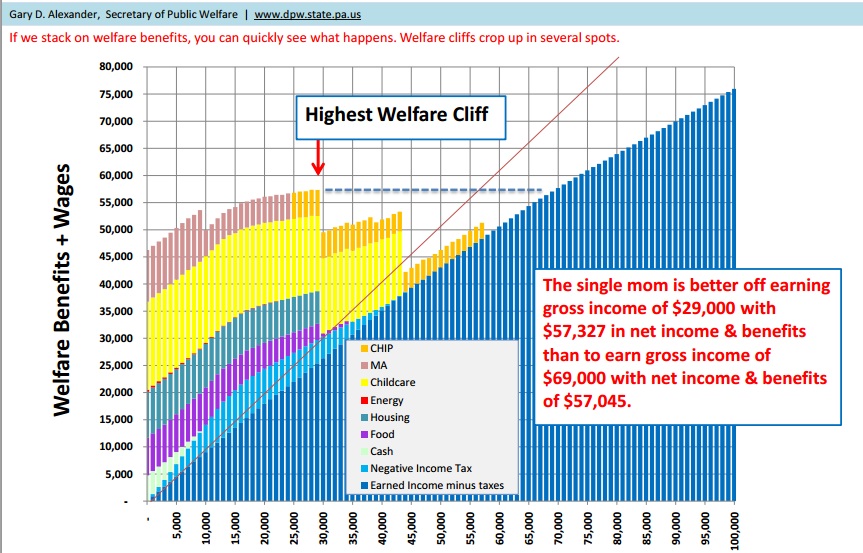#1) In 1950, the ratio of the average executive's paycheck to the average worker's paycheck was about 30 to 1.* Since the year 2000, that*ratio has*exploded to*between 300 to 500 to one.
#2) A*USA Today analysis of government data has found that paychecks from private business shrank to their smallest share of personal income in U.S. history during the first quarter of 2010.* During the same time period, government benefits (Social Security, Medicare, unemployment insurance, food stamps, etc.)*rose to a record high.*
#3) According to the United Nations, the United States now*has the highest level of income inequality of all of the highly industrialized nations.
#4) Four of the biggest banks in the United States*(Goldman Sachs, JPMorgan Chase, Bank of America and Citigroup)*had a "perfect quarter" with zero days of trading losses during the first quarter of 2010.
#5) According to economists Thomas Piketty and Emmanuel Saez, two-thirds of income increases in the United States between 2002 and 2007 went to the wealthiest 1% of all*Americans.
#6) 39.68 million Americans*are now on food stamps, which represents a new all-time record.* But things look like they are going to get even worse.* The U.S. Department of Agriculture*is forecasting*that enrollment in the food stamp program will exceed 43 million Americans in 2011.
#7) For the first time in*U.S. history,*banks own a greater share of residential housing net worth in the United States than all individual Americans put together.
#8) Over*just one three day period, approximately 10,000 people showed up to apply for just 90 jobs making washing machines in Kentucky for $27,000 a year.
#9) Executives at many of the*big banks*that received*massive amounts of government bailout money during the*financial crisis*are being lavished with record bonuses*as millions of other*Americans continue to suffer.
#10) Younger generations of Americans are particularly struggling.* For example, according to*a National Foundation for Credit Counseling survey, only 58% of those in "Generation Y"*pay their monthly bills on time.
#11) Despite the financial crisis, the number of millionaires in the United States rose a whopping 16 percent to 7.8 million in 2009.
#12) Over 1.4 million Americans filed for personal bankruptcy in 2009, which represented*a 32 percent increase over 2008.* Not only that, more Americans filed for bankruptcy*in March 2010*than during any month since U.S. bankruptcy law was tightened in October 2005.
#13) An analysis of income tax data by the Congressional Budget Office a*couple years*ago found that the top 1%*wealthiest households in the United States now*own nearly twice as much of the corporate wealth*as they did just 15 years ago.
#14) A staggering 43 percent of Americans have less than $10,000 saved up for retirement.
#15) Once great blue collar manufacturing cities such as Detroit have turned into rusted-out war zones*while corporate executives rake in record bonuses by moving factories to third world nations.
#16) The bottom 40 percent of*income earners*in the United States now collectively own less than 1 percent*of the nation’s wealth.* So what does that say about America when nearly half the people are dividing up just one percent of the pie?
Full Article Here:
16 Signs That The Rich Are Getting Richer And The Poor Are Getting Poorer
